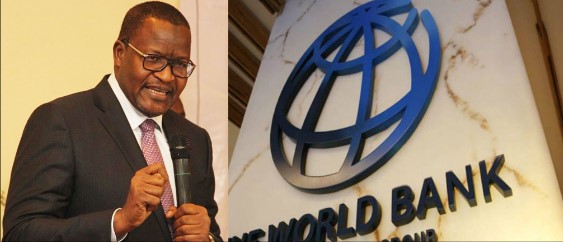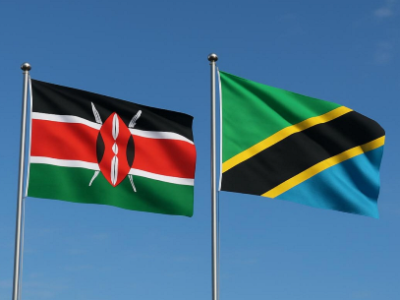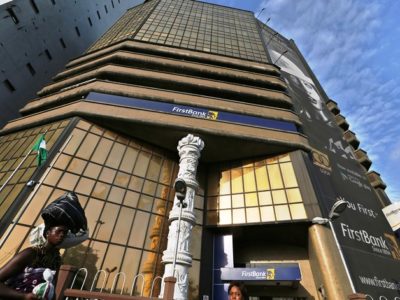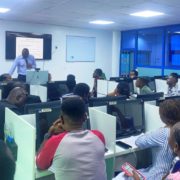By Olusegun Oruame
The Executive Vice Chairman/ CEO, Nigerian Communications Commission (NCC), Professor Umar Garba Danbatta, is optimistic Nigeria’s ambitious broadband plan will improve connectivity, create unlimited opportunities and help tame poverty even as the World Bank warns that the number of poor persons in Nigeria will rise to 95.1 million in 2022.
RELATED: Nigerians must explore opportunities in digital economy to end poverty, says Danbatta at 9th LaPRSC
“By providing access to information, making markets more efficient, fostering social inclusion, and equalizing opportunities in rural areas, ICT offers an innovative and unprecedented tool to directly reduce poverty,” Danbatta told a public relation gathering recently in Lagos where he spoke on ‘Leadership and Poverty Eradication.’
According to the telecom regulator, “the Nigerian National Broadband Plan 2020–2025 (the “Broadband Plan”) devotes an entire section to targets, strategies and roadmaps to promote pervasive broadband deployment, increased broadband adoption, usage and availability to all at affordable prices. These all point to government’s commitment to harmonizing and utilizing the benefits derivable from ICT for the good of all.”
Even more importantly, “in 2020, the latest National Broadband Plan was approved to foster fuller economic exploitation of ICTs. This means that there will be more pervasive deployment and usage of ICT to push the development and economic attractiveness of the nation,” the NCC boss stressed even as he assured the audience that The Federal Government remains “committed to sustainable development of the ICT subsector for the growth of the economy and the eradication of poverty.”
But a gloomy World Bank report has noted that the number of Nigerians beneath the poverty line will increase by an additional 6.7% to draw closer to 100 million out of a population just above 200 million in the face of food inflation, rising cost of living among other economic challenges.
Blaming “sluggish growth, low human capital, labor market weaknesses, and exposure to shocks” among the factors “holding Nigeria’s poverty reduction” efforts, the World Bank report: “A Better Future for All Nigerians: Nigeria Poverty Assessment 2022” is the culmination of its engagement on poverty- and inequality-relevant data and analytics in Nigeria in the past two years.
According to the report, which brings together the latest evidence on the profile and drivers of poverty in Nigeria, as many as 4 in 10 Nigerians live below the national poverty line especially in the country’s north where lack education and access to basic infrastructure, such as electricity, safe drinking water, and improved sanitation is worse.
However, Danbatta argued that ICT holds the ace to fend off some of these shocks and a successful execution of the five-year broadband plan could rollback poverty by encouraging a vista of innovative solutions to improve sectors such as healthcare and agriculture as well as security.
“Nigeria’s ambitious broadband pursuit [is a game changer with] the potentials and prospects of broadband technology, the ease of deployment and the vast opportunities available through it. The Commission will continue to put strategies in place to pursue last mile deployment of broadband. This would ensure small businesses are positioned to compete globally and communities and individuals are able to create wealth through access to ICT,” said Danbatta.
in a similar vein, the World Economic Forum (WEF) has recommended Nigeria reworks its prioritise to enhance economic opportunities by embracing technology to improve economic productivity




























